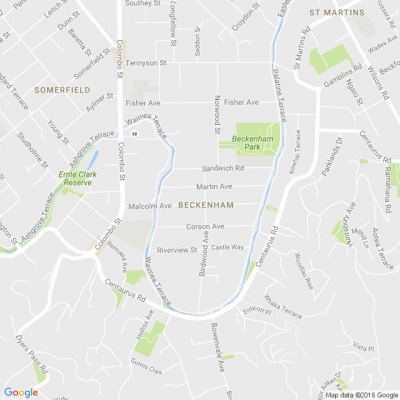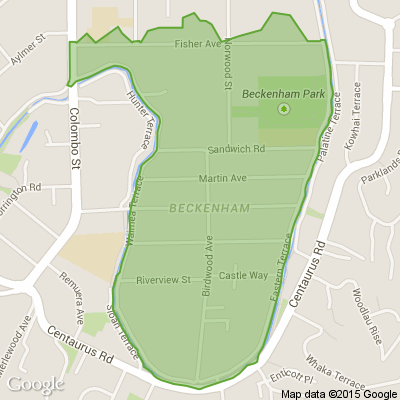Up in the Air: Using your drone
The use of drones is no longer limited to government agencies, technical gurus or the super wealthy. The market has been flooded with drones that are reasonably priced and are easy to use. These high-tech pieces of equipment are, however, bound by Civil Aviation Rules. In this article, we explore what rules there are around their use.
Drone technology allows a pilot to film and photograph from the sky allowing an aerial view that was once only available through the use of planes, helicopters or satellites. More and more businesses are using drone technology to assist them. Drones have been used in the agricultural sector to aid crop and stock inspection and, in August last year, Domino’s Pizza successfully delivered a pizza by drone.
CAA Rules
Following the increase in availability for personal use, the Civil Aviation Authority (CAA) has issued rules regarding the piloting of drones in an attempt to ensure procedures are followed to minimise any risk to the public.
Civil Aviation Rules (Part 101) have provisions that must be adhered to when piloting a drone that is under 25 kgs. Any drone weighing more than 25 kgs requires a certification from the CAA. Most commercial drones, however, weigh less than 25 kg.
Where can you fly a drone?
A pilot may only fly a drone during the day, no higher than 120 metres (400 feet) and must always ensure the drone is within their line of sight without the aid of any visual tools such as a virtual reality headset. The drone pilot must gain the consent of any person over whom the drone flies. Likewise, the pilot must gain the consent of the owner of any private land over which the drone flies.
The New Zealand Transport Agency doesn’t allow drones to fly over any of the 11,000 km of state highways due to their potential to distract drivers and cause accidents.
Public property such as parks are often the best place to fly drones. However, each of the country’s local authorities has the discretion to set its own policies and bylaws in relation to the use of drones over council-owned land. Some councils adopt a blanket consent approach to the use of drones over their property. This, however, may be subject to more specific rules issued by the particular council. Pilots should be fully aware of any rules or regulations that they would be subject to flying in a particular area.
It should be noted that the rules for drones also apply to pilots of remotely controlled model planes.
Privacy issues
Drones fitted with recording devices do cause concern on issues surrounding privacy. Any complaints surrounding the intrusion of drones over private property without consent, or a breach of the Civil Aviation Rules, should be addressed to the Privacy Commissioner or the CAA.
Shooting down any drone that’s hovering over your property would constitute any number of offences under the Summary Offences Act 1981, the Crimes Act 1961 and the Arms Act 1983.
Penalties
There have been multiple instances of the CAA issuing fines ranging between $500 and $1,000 for not complying with Part 101 of the Rules. The CAA has even successfully prosecuted a man in the District Court. He was found guilty of causing unnecessary endangerment and flying in a controlled airspace without permission when the pilot filmed a rural fire from his drone within close proximity to a helicopter.
Pilots are also at risk of prosecution under the Privacy Act 1993 and the Crimes Act 1961 for using their drones to record information in a way that is illegal. Pilots may also face a private prosecution by the victim for an invasion of their privacy.
Drones can be an excellent way to help your business, as well as being a great deal of fun. Before becoming airborne, however, make sure you know the rules and you are mindful of privacy issues.
You can find more information on operating drones at www.airshare.co.nz... or www.caa.govt.nz...
Unlock the Answer: Today’s Riddle is Trickier Than You Think!
What English word retains the same pronunciation, even after you take away four of its five letters?
Do you think you know the answer to our daily riddle? Don't spoil it for your neighbours! Simply 'Like' this post and we'll post the answer in the comments below at 2pm.
Want to stop seeing riddles in your newsfeed?
Head here and hover on the Following button on the top right of the page (and it will show Unfollow) and then click it. If it is giving you the option to Follow, then you've successfully unfollowed the Riddles page.

Paddy Gower seeks ‘bloody great Cantab’
The Kiwi journalist drilling deep into the country’s biggest issues is on a mission to find the local greats.
Paddy Gower is looking for the Good Kiwi in every region to feature in his show, The F@#$ing News - Paddy Gower Live on Tour.
To nominate a Good Kiwi, email reporters@press.co.nz with the name and a description of why your nominee should win. You an also share the local issues you think Paddy needs to tackle in the comments below.
It could be the woman whose knitting circle has made 3800 items for victims of domestic violence, the guy running the length of Aotearoa for mental health, or the woman with terminal cancer who spends her time campaigning to raise awareness and save lives.
“Basically I am looking for ... a bloody great Cantab who just gets on and gets things done. The criteria is somebody who has a positive attitude and makes the community a better place," Gower said.
“I will give this person the 'Big Ups' they deserve, and the community can celebrate them with me.”
A Good Kiwi will feature in each of Gower’s live shows in 14 centres through November and December. He will name the Cantabrian Good Kiwi at his Christchurch show on the evening of Friday, November 22, at St Margaret’s College.
The F@#$ing News - Paddy Gower Live on Tour is a sort of book tour, sort of stand-up comedy, some journalistic yarns and memoir, and some motivational speaking - with a fair bit of local in each show.
Gower also wants to know about topics of interest in the region.
“I’m ... going to be taking on a big issue facing Canterbury and offering up solutions.”
A stinky suburb, a neighbourhood needing a round-about or a cathedral in disrepair - “I will make your views count”, he said.
“I'm touring the nation to spread positivity, optimism and good vibes.”
*For tickets to the The F@#$ing News - Paddy Gower Live on Tour visit paddygower.co.nz

Free Chromebook with Every Laptop Bundle
For a limited time, we are giving away a quality ruggedized Chromebook with every laptop bundle purchased.
The Chromebook is an Acer C734 valued at $500 and has been built especially rugged to handle those rough and tough times.
Of course, you may not want a Chromebook, in which case you might like the $300 cashback.






 Loading…
Loading…
























